Sunscreen and cosmetics compound may harm coral by altering fatty acids
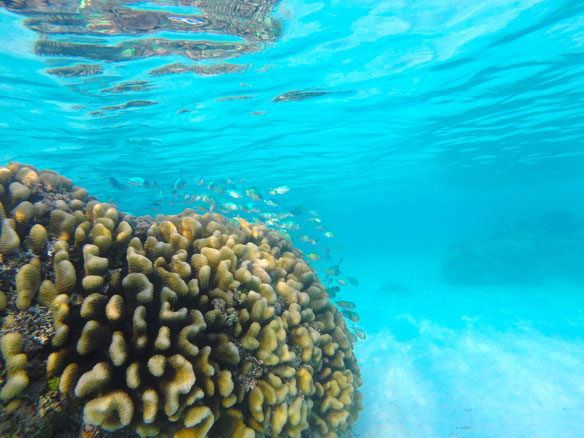
Researchers say that one such chemical, octocrylene (OC), which is also in some cosmetics and hair products, accumulates in coral as fatty acid esters that could be toxic to the marine organism.
Carbon emissions up as Trump agenda rolls back climate change work
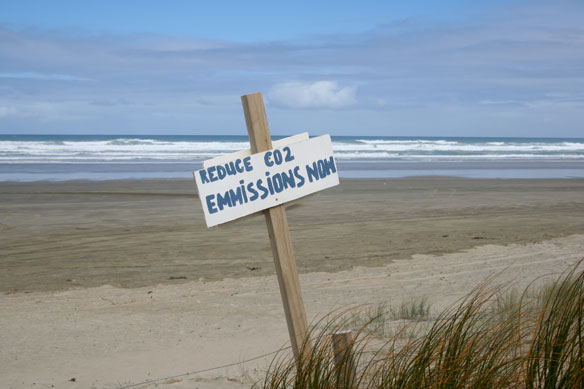
Last year’s 3.4% jump in emissions is the largest since 2010 recession and second largest gain in more than two decades.
Sprouting Mangroves Restore Hopes in Coastal Myanmar

In most places, mangrove forest’s density is wafer thin thanks to rampant clearing of the mangroves for space to breed shrimps and for firewood etc. According to a recent study, Myanmar loses about 21 square km of its mangrove forests each year. But thanks to restoration efforts, the story is changing.
One-Third of New Car Sales in Norway Are All-Electric Vehicles

Nearly a third of new cars sold in Norway last year were all-electric — a new global milestone and a major step for the country, which aims to end sales of fossil fuel vehicles by 2025.
Microplastics and plastic additives discovered in ascidians all along Israel’s coastline
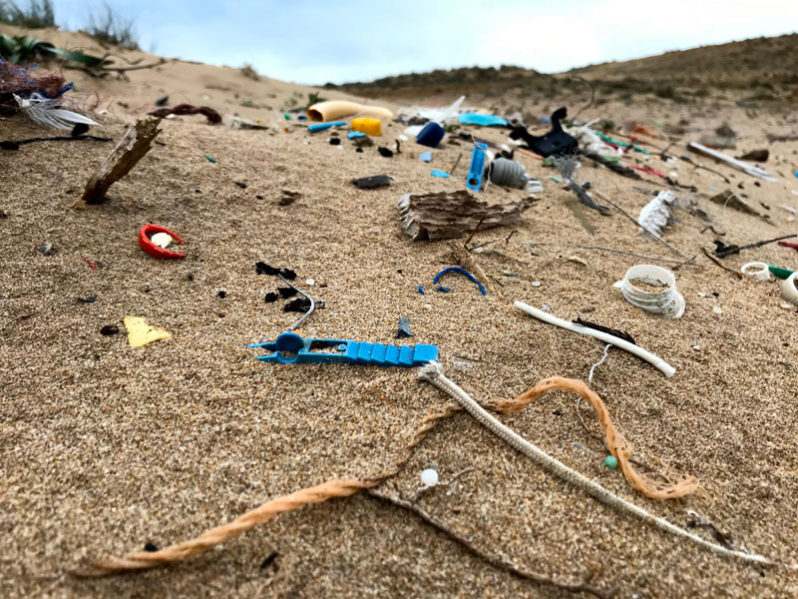
A new study finds that microplastics — tiny pieces of plastic ingested by aquatic life — are present in solitary ascidians, sac-like marine invertebrate filter feeders, all along the Israeli coastline. The research also confirmed the presence of plastic additives, i.e. ‘plasticizers,’ in ascidians.
California’s coastal habitats face existential threat from rising seas
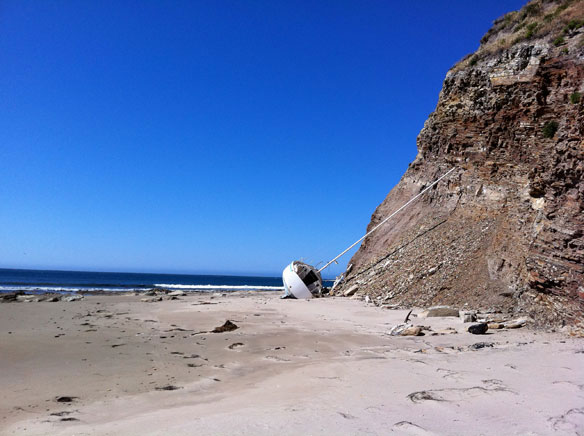
Climate change is transforming the state’s coast but with habitats hemmed in by cliffs, condos and farms, pre-emptive action is needed to preserve biodiversity.
Tree recycling program to help Island beaches

Recycling doesn’t have to be a beach, but in this case, it’s going to protect one. The City of Harlingen is requesting residents dispose of their Christmas trees, where they will be deployed along the dunes to prevent erosion of beach sand.
The Cement Industry, One of the World’s Largest CO2 Emitters, Pledges to Cut Greenhouse Gases
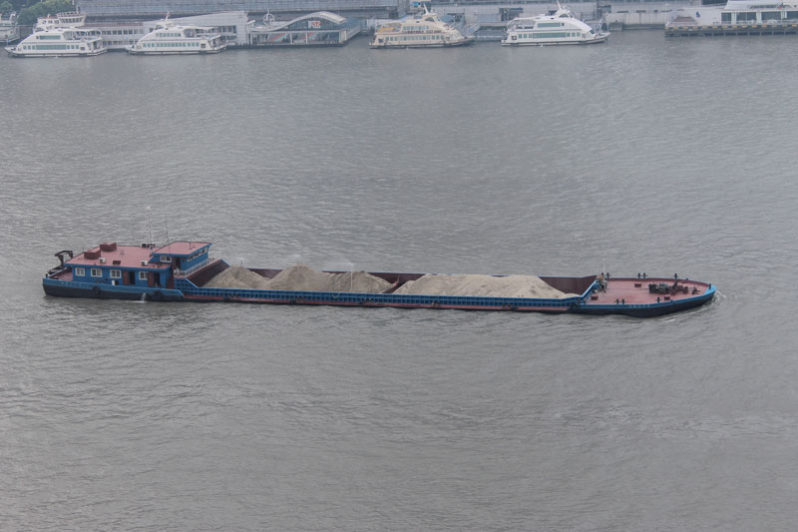
Cement is the second most-consumed resource in the world, with more than 4 billion tons of the material produced globally every year. As a result, the industry generates approximately 8 percent of global CO2 emissions.
Marine debris study counts trash from Texas to Florida
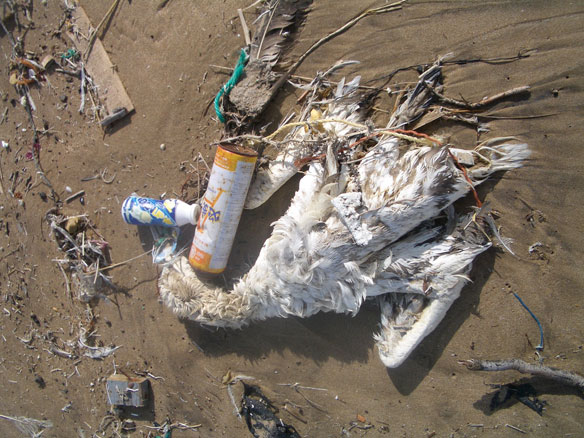
Trash, particularly plastic, in the ocean and along the shoreline is an economic, environmental, human health, and aesthetic problem causing serious challenges to coastal communities around the world.
